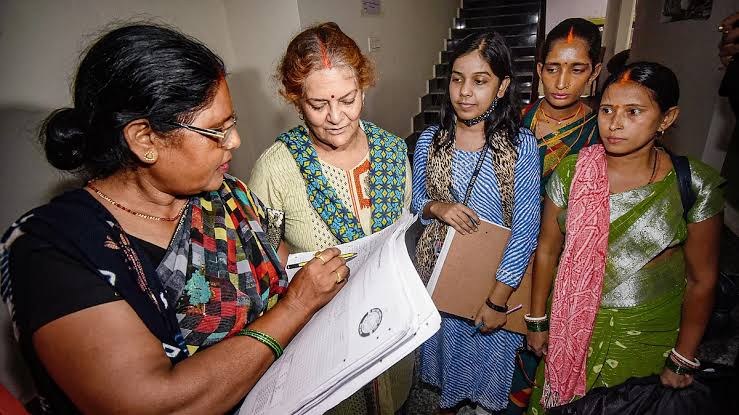The Government of India has announced that the next census will start from 1 October 2026 and will be held in two phases, including caste -based calculations for the first time. Several media reports have confirmed this news from government sources. This census will be completed in three years and its purpose is to get a better understanding of the socio-economic structure of the country.
The first phase will start from 1 October 2026 and will be held in Jammu and Kashmir, Ladakh, Himachal Pradesh, Uttarakhand and other hills and snowfall affected areas. Census will be done in the first phase keeping in mind the difficult geographical conditions in these areas.
At the same time, the second phase will start in other parts of the country from 1 March 2027. All states and union territories will be included in this phase. The purpose of dividing the census process into two stages is to ensure accurate and comprehensive data collection keeping in mind the geographical and seasonal conditions of different regions.
This census is particularly important as it will include caste -based calculations for the first time since 1931. The central government approved this decision at the Cabinet Committee meeting in April 2025. Union Home Minister Amit Shah called it a “historic decision” and said that this is an important step towards social justice.
Earlier, when the government said that it would conduct the census, the opposition parties also welcomed this decision. Congress leader Rahul Gandhi described it as “the first step towards serious social reform” and demanded a clear deadline from the government. He said, “We have shown that we can put pressure on the government.”
State level initiatives before this, states like Bihar and Telangana have conducted caste -based surveys at their level. Bihar conducted comprehensive caste surveys in 2022 and Telangana in 2024, which aims to make social welfare schemes more targeted and effective.
The 2026 census, including caste -based calculations, will provide intensive understanding of India’s social structure and help the government to make more inclusive and effective policies. This step can prove to be an important milestone in the direction of social justice and equality.









